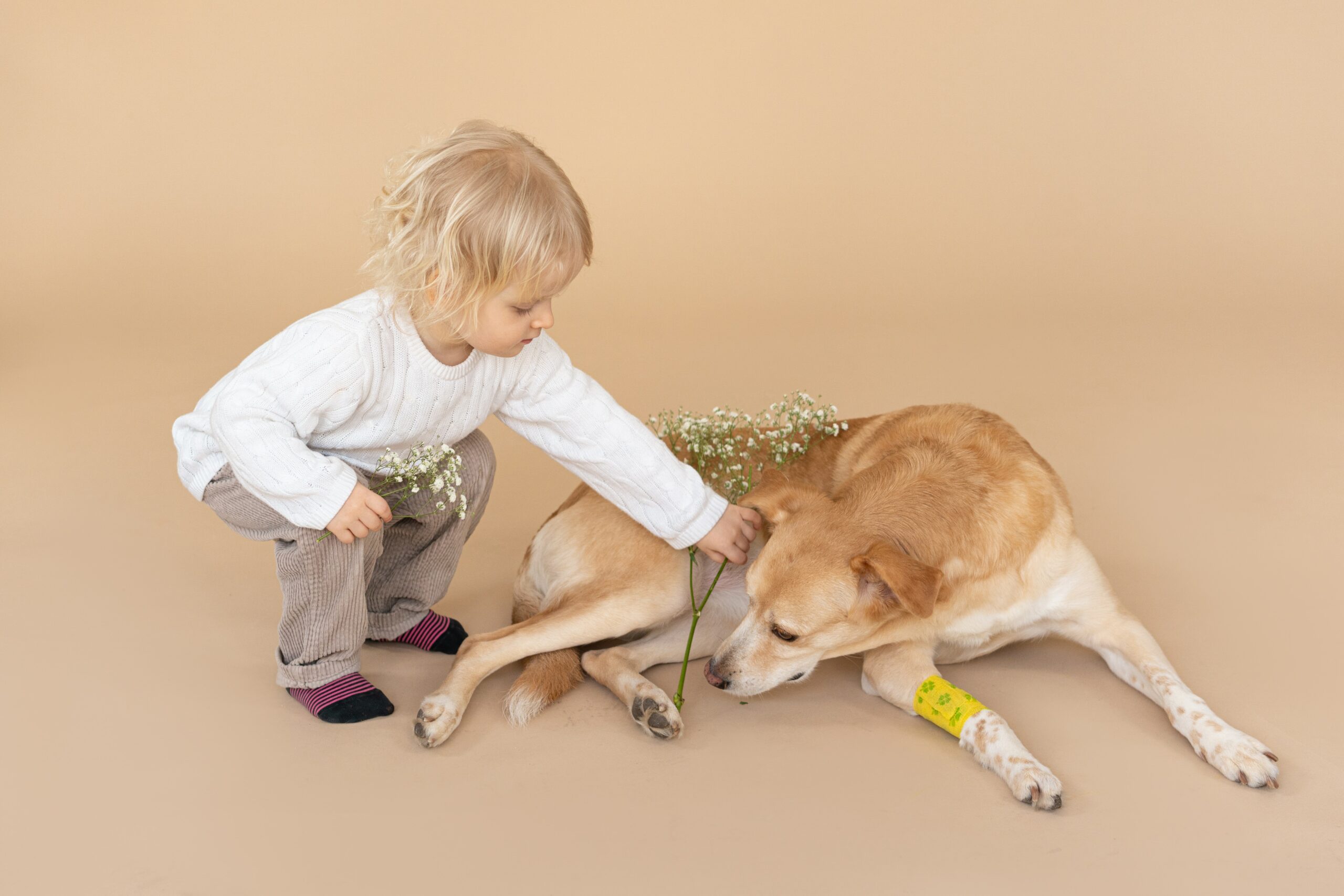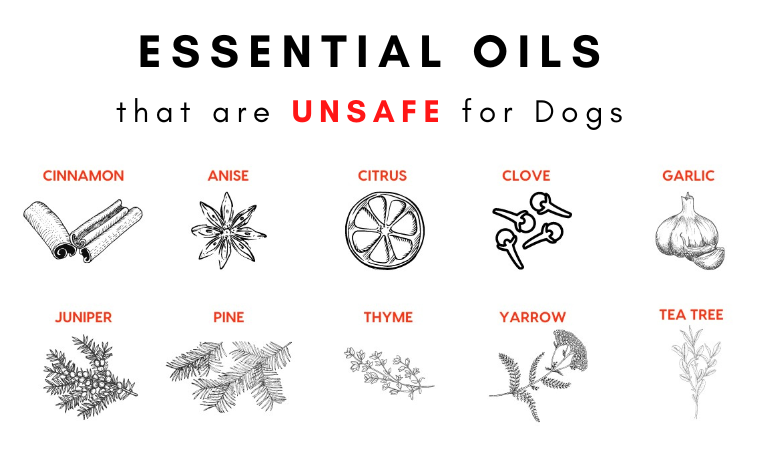Is Patchouli Essential Oil Safe For Dogs?
Patchouli is a very popular essential oil, but it can also be a very dangerous one. It comes from the patchouli plant or Pogostemon cablin and has a warm, fresh scent. People also use it as a food additive and to make medicine.
There are two types of Patchouli available on the market Indian patchouli and Indonesian Patchouli. The quality of the essential oil depends on where it comes from as well as how much soil moisture and other factors affect its growth.

What Is Patchouli?
Patchouli oil is a plant that is native to India and Indonesia. It has a warm, fresh scent that’s perfect for people who love the earthy nature of patchouli.
Patchouli essential oil is used in perfumes, cosmetics, candles, and incense sticks because it has notes of citrus fruits like orange and lemon along with grapefruit peel. It also contains camphor which gives it an uplifting effect on your mood (and makes it smell good!).
It’s also used as a food additive or pharmaceutical drug which means you can find this ingredient in some pretty weird things! For example: “Patchouli-infused beer” at bars around the world; “patchouli extract” used by skincare companies to treat wrinkles/dark spots; even “patchouly rum”.
Patchouli comes from the patchouli plant or Pogostemon cabli.
Patchouli oil is extracted from the leaves and stems of the patchouli plant (Pogostemon cablin). There are two types: Indian patchouli and Indonesian patchouli.
Both types have different properties but both can cause allergic reactions in some people’s skin because they contain chemicals called terpenes which can irritate sensitive skin cells leading to redness or swelling around your eyes when applied.
Is Patchouli Essential Oil Safe For Dogs?
Patchouli essential oil is a great oil for dogs to use. It can help to relieve itching and inflammation in the skin as well as reduce the severity of an allergic reaction. However, patchouli essential oil does have some side effects that you should be aware of before using it on your dog.
Patchouli Essential Oil Side Effects On Dogs.
The main concern with patchouli essential oil is that it can cause skin irritation and allergies in dogs. The scent of patchouli is very strong and if your dog has sensitive skin, it could cause issues for them.
This could be problematic for dogs with dry or damaged skin as well as those who aren’t used to having a lotion applied to their skin daily.
The effects of patchouli essential oil on dogs will depend on what they’re exposed to while they’re being treated with the product. If you’re applying a patchouli-based cream directly onto their skin, then it’s unlikely that they’ll experience any negative side effects from it because most creams contain less than 1% of this ingredient by volume.
What Essential Oil Is Safe for Dogs?
| Essential Oils Safe for Dogs | ||
| Angelica Root | Geranium | Patchouli |
| Basil | Ginger | Peppermint |
| Black pepper | Helichrysum | Plai |
| Cajeput | Juniper Berry | Rosalina |
| Caraway | Lavender | Rose |
Many essential oils can be used to treat dog allergies, but it is important to do your research before applying any kind of oil.
Essential oils are very powerful substances and should be handled with care. Some oils, such as peppermint, can cause an allergic reaction in dogs if they are not diluted correctly. Other essential oils, like ginger, may be beneficial for some dog allergy symptoms.
To find out which essential oils are safe for dogs with allergies, you need to do some research first. The best way to do this is by reading customer reviews online. You can find reviews on Amazon and other websites that sell essential oils.
There are also many books available on the subject of natural remedies for dogs with allergies and other health problems. These books will give you information on how to dilute different essential oils so they don’t cause problems for your dog’s body.

How To Safely Use Essentials Oils Around Dogs?
How do you safely use essential oils around dogs?
If you’re new to essential oils, or if you don’t know where to start, here are some tips for using them safely around pets:
1. Keep in mind that every dog is different – not all dogs will react the same way to any given oil. Some dogs may be more sensitivLavenderothers.
2. Make sure that you buy therapeutic-grade essential oils (those marked with a third-party laboratory testing seal). These are the purest form of the oil, and they have been tested by expert laboratories to ensure they meet safety standards before they’re put on the market.
3. Never apply directly on your dog’s skin – instead, dilute them first in a carrier oil (like coconut oil), then apply topically (after dilution) to their ears and paws so that they’re not ingesting them orally (through licking) or through direct contact with their skin or eyes.
Signs of Dog Allergies
Hives
Hives are raised patches of skin that can be red, pink, or white in color. The appearance of hives depends on their size and location on your pet’s body. Hives may also cause itchiness to the animal’s fur or skin, which is why they are often mistaken for scabies mites.
Hives are caused by many different things—from allergies or stress to a reaction to the medication.
Red, itchy eyes
· Red, itchy eyes are a sign of allergies.
· Eyes may be bloodshot or watery. They can also be crusted over and swollen, with crustiness around the edges of the eyelid (the lower lid). If you have an allergy to pollen or grasses, your dog’s eyes will likely be red and watering as well: these are known as allergic conjunctivitis (a common name for “allergic” conjunctivitis).
· Itchy eyes are another way to tell if your dog has allergies—they’re often accompanied by other symptoms like sneezing and coughing that signal allergies in humans too!
Respiratory symptoms like sneezing or wheezing.
Sneezing and wheezing are a sign of allergies. They’re not always a symptom of allergies, though. If your dog is sneezing or wheezing at all times, it’s worth checking in with your veterinarian to make sure there aren’t any other underlying conditions that might be causing those symptoms—like an infection or something else in the nose (like sinusitis).
If the sneezing and wheezing are caused by allergies and your dog has been on medication for at least three months, then try switching back to a different brand until you find one that works for both him/her as well as whatever triggers his/her allergic reaction in the first place.
Skin allergies that cause itchiness, redness, or scratching.
If your dog is scratching or licking his skin, it could be a sign of an allergy. Itching and scratching are common symptoms of allergies in dogs.
The first thing to look for when you think your dog might have an allergy is dandruff or dry skin (seborrhea). These conditions can also cause itchiness or redness on the body, which can give you some clues about what might be bothering him. If these symptoms appear without any other signs like mucus accumulation around his mouth or nose that would indicate allergies then it’s worth getting him checked out by a vet!
Food allergies cause itching, digestive upset, and other problems.
It’s no secret that dogs have food allergies. The most common symptoms are itching, digestive upset, and other problems. And it’s not just a few dogs that develop food allergies—about 10% of all dog breeds will get them!
There are some things you can do to help your dog avoid or lessen the effects of developing a food allergy:
- Feed a variety of foods—many people feed their dogs the same thing every day, which means they’re unknowingly feeding them an allergen (the dog might be allergic). Try mixing up what you give your pet based on its diet plan or ask your veterinarian for advice on how best to mix foods.
- Don’t give any treats until after brushing their teeth; this helps keep plaque buildup off gums and teeth while also removing dead skin cells from between them so they don’t irritate sensitive areas like lips or tongues when licking themselves clean afterward!
Some signs of dog allergies may be similar to the symptoms of a cold.
Allergies can cause a variety of symptoms, including sneezing and coughing. Some dog allergies may be similar to the symptoms of a cold. For example, if your dog is sneezing or has runny eyes and nose, she likely has an allergy.
It’s important to note that while allergies are not contagious and there is no evidence that they spread from one person to another like some diseases do (think measles), they do have their own set of symptoms once you’ve identified them in your pet.

Conclusion
So there you have it, Patch out Essential Oil is safe for dogs! If you are looking for an alternative to essential oils that don’t contain harmful chemicals or pesticides like those used in human supplements then Patchouli essential oil may be right for your pet.






